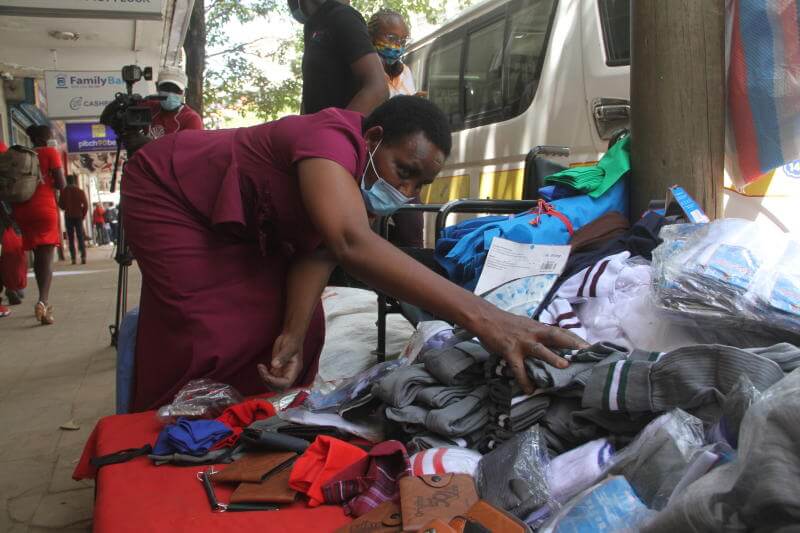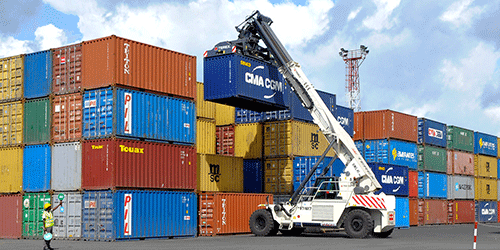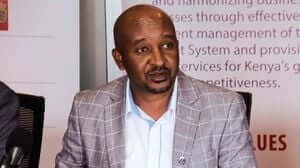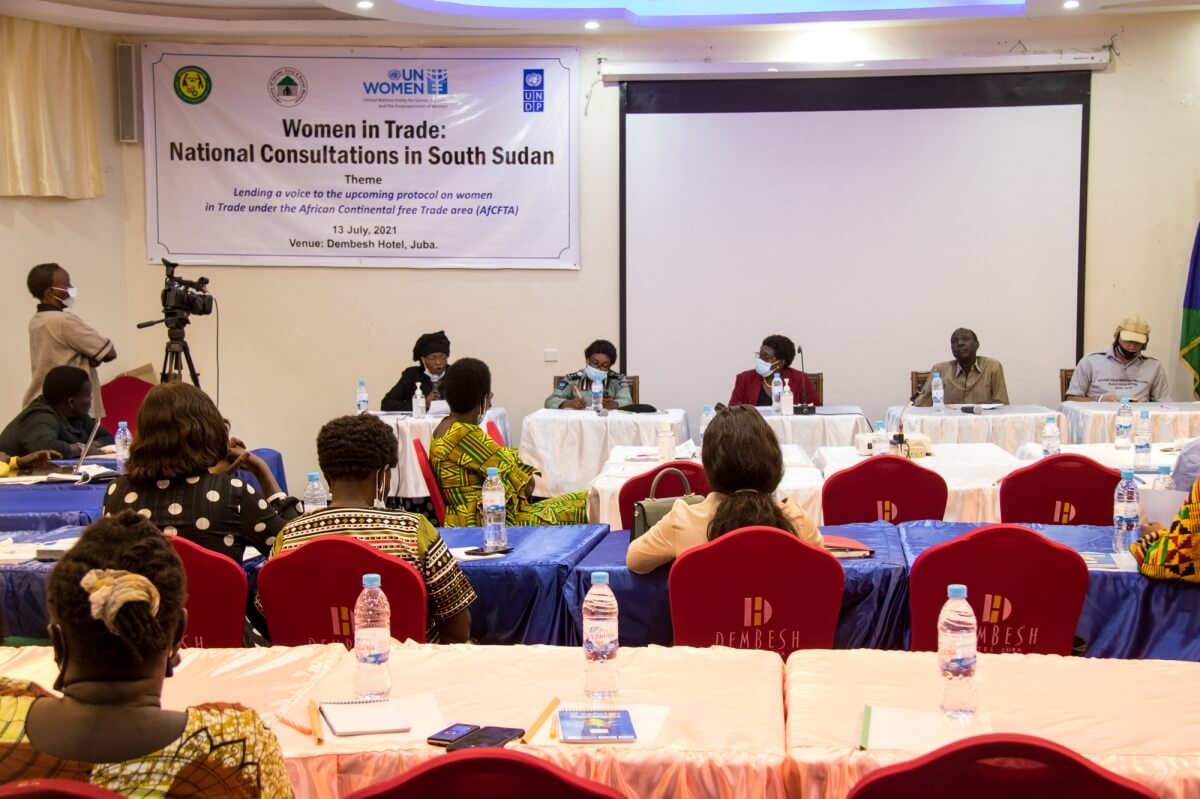It is the dream of many business people to take their business across the border, and thanks to the East African Community (EAC), a regional economic community consisting of five countries, movement of people and capital is not restricted. The countries include Kenya, Uganda, Tanzania, Rwanda and Burundi. Ideally, you should be able to work or do business in any of these countries. But which is the most lucrative hunting ground for a new business? There are no straightforward answers to this question. Starting a successful business depends on a myriad of factors. However, the World Bank’s Ease of Doing Business Index together with other reports has tried to make it easier for you to make this decision. The easiest… Probably, you already know the answer. Rwanda is the easiest place to start a business in the region, ranking at position 35 in the World Bank’s Ease of Doing Business. It takes less than a day to obtain an electronic signature from the Rwanda Development Board. The e-signature contains the user name and password which are used to log into the system for the registration process. Once the account is set up, a registration number is generated to enable users to proceed to online registration. This registration number is also the tax identification number (TIN) and VAT number of the company. Online registration which is free takes a day. The documents needed for submission are duly completed online application; proof of identity for each signatory of the memorandum of association form; and the...
How easy is it to start a business in East Africa?
Posted on: July 21, 2021
Posted on: July 21, 2021
























